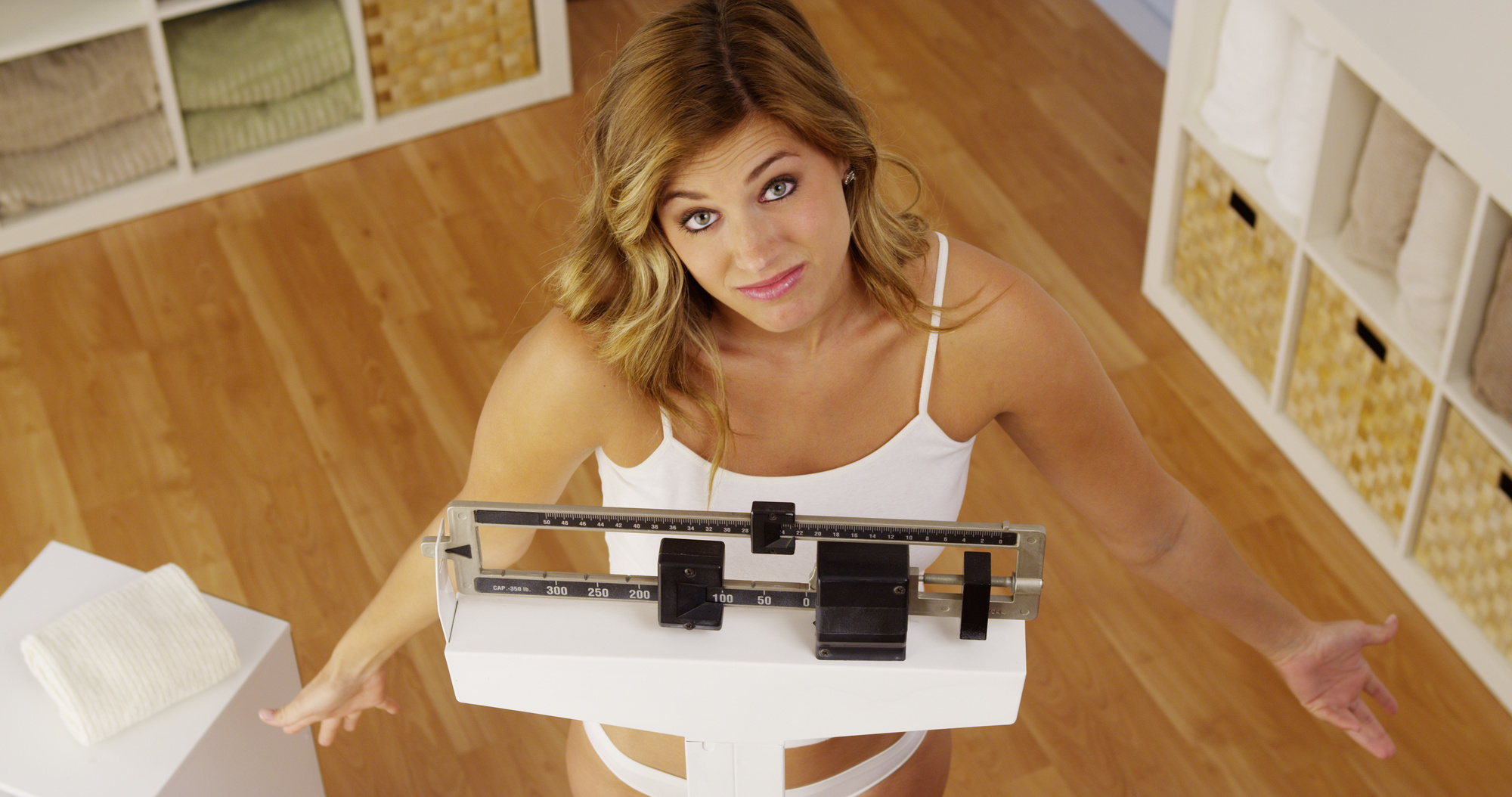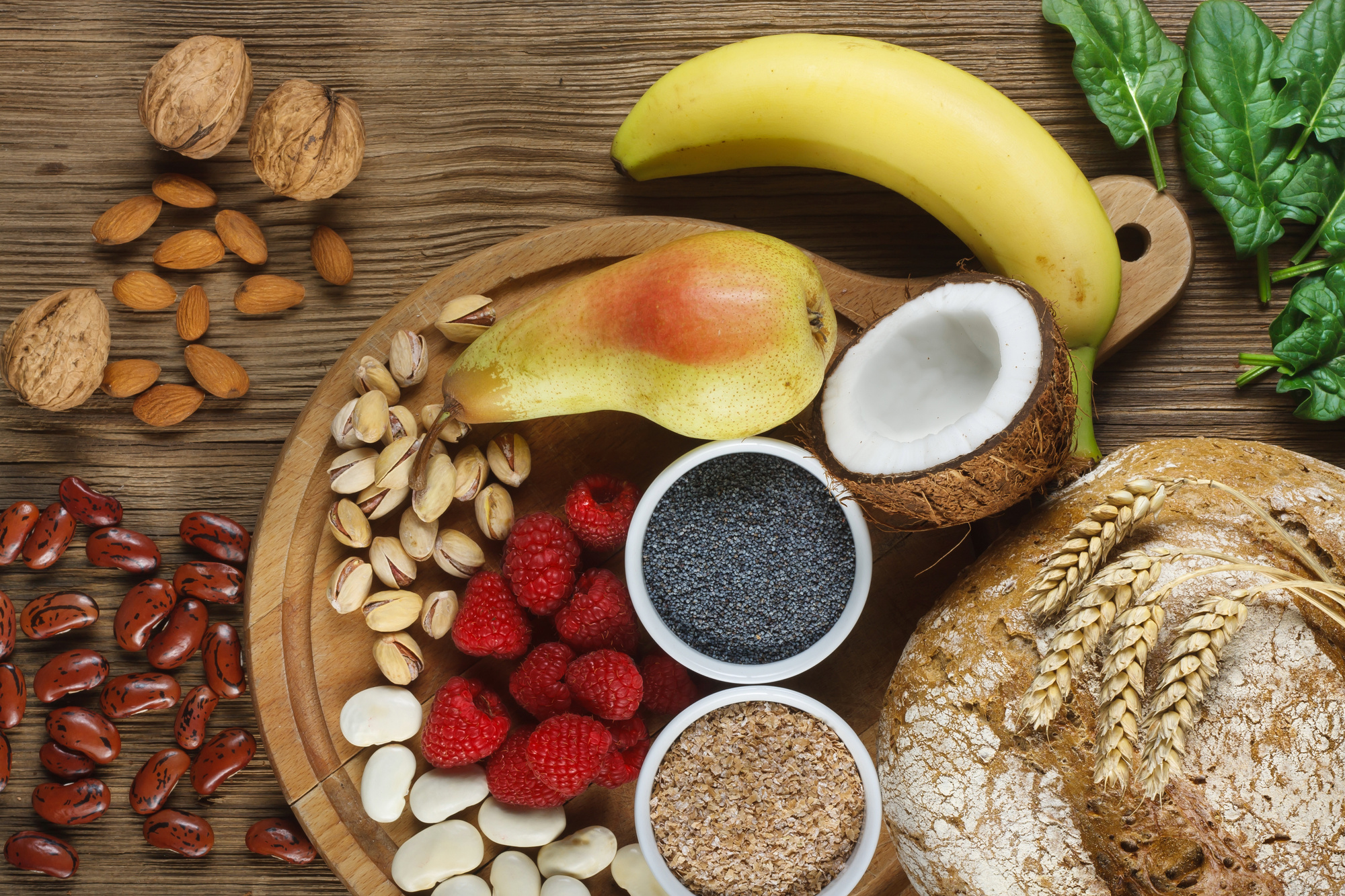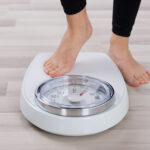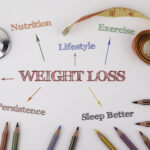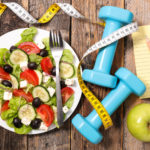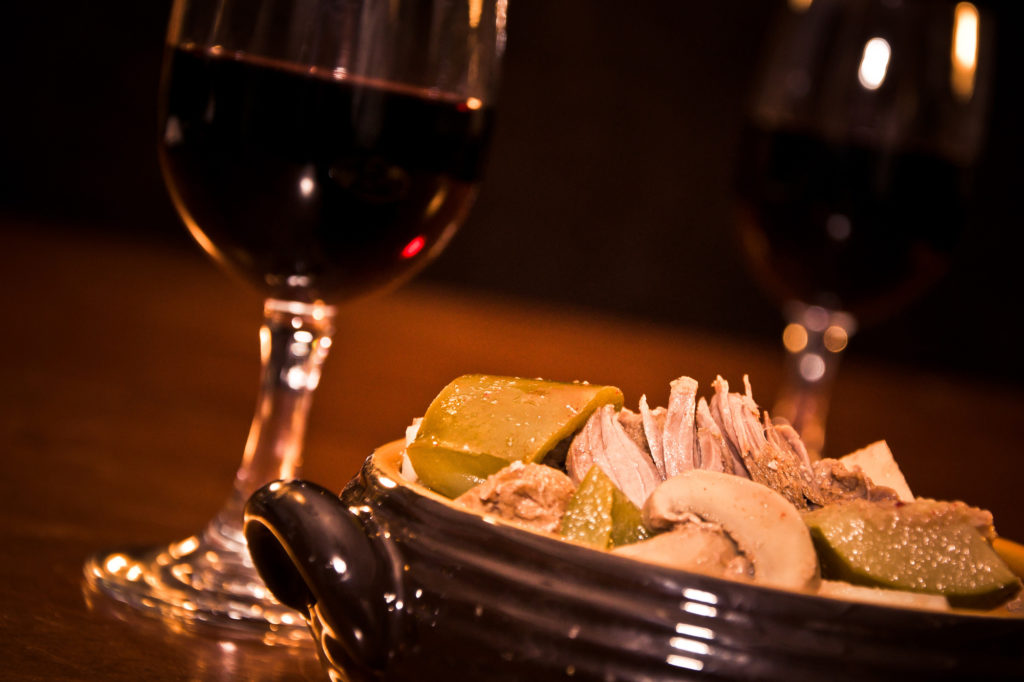
Every year, U.S. residents consume an average of 2.94 gallons of wine. If you’re a wine lover, clearly, you’re not alone.
Could your wine consumption be getting in the way of your weight loss goals, though?
There’s a lot of information out there saying that alcohol is bad for weight loss. But, there’s also a lot of information saying that wine comes with a lot of important health benefits?
If you’re confused by all this conflicting information, keep reading. Explained below is everything you need to know about wine and weight loss.
Is Alcohol Bad for Weight Loss?
Alcohol regularly ranks near the top of lists of foods and drinks that are bad for weight loss. What makes it so problematic, though?
There are a couple of reasons why weight loss experts typically recommend avoiding alcohol if you’re trying to shed body fat. Some specific ways that alcohol hinders weight loss include:
Empty Calories
On average, you’ll consume between 100 and 150 calories per alcoholic beverage. And, who drinks just one beer or glass of wine at a time?
Alcohol is a Primary Fuel Source
This means that, when it’s consumed, the body works to process and eliminate it before anything else. As a result, you could end up storing more body fat when drinking alcohol.
Alcohol Lowers Your Inhibitions
Let’s say you do have two glasses of wine one night. That’s only an extra 250 calories or so. Not enough to do a lot of long-term damage, right?
Right. But, what if, after drinking those two glasses of wine, you decide that you deserve a piece of cake or a few cookies?
Alcohol lowers your inhibitions, and you may find that you have a harder time resisting high-sugar, high-calorie foods after you’ve had a drink or two.
The alcohol might not be directly causing you to gain weight, but the choices you make while you’re under influence could be to blame.
Alcohol Impairs Sleep
Some people swear that alcohol before bed helps them fall asleep. In reality, though, it’s just rendering them unconscious — that’s not the same as getting a good night’s rest.
Drinking alcohol before bed has also been linked to more frequent periods of wakefulness during your sleep cycles.
If you’re sleep deprived, your body may store more fat. You may also have a harder time resisting temptations and may be more inclined to give in to cravings.
Health Benefits of Wine Consumption
As you can see, there are a lot of reasons to consider reducing your alcohol consumption when you’re trying to lose weight. At the same time, though, there are also some benefits to consuming wine when you’re pursuing weight loss goals.
Some research suggests that drinking wine — red wine, specifically — can actually help you lose weight. How can this be?
It has to do with a polyphenol (plant compound) found in red wine called resveratrol.
Polyphenols like resveratrol have been shown to increase the expression of genes that enhance fat oxidation. This, in turn, helps prevent the body from being overloaded and storing fat.
Resveratrol also converts white fat into brown fat. Brown fat burns lipids as heat to keep the metabolism functioning properly and prevent excess fat storage.
Wine and Weight Loss: Can They Mix?
At this point, you might be feeling pretty excited. You can drink red wine and still lose weight? Why not head down to the liquor store right now?
It’s important to keep in mind that this information is not permission to drink wine like it’s going out of style.
Wine and weight loss can mix. But, you have to be smart about how you incorporate wine into your diet. Keep these tips in mind so you can lose weight without sacrificing your wine of choice.
Practice Portion Control
There are definitely health benefits to consuming wine, especially red wine. At the same time, though, remember that calories still need to be taken into account.
It doesn’t matter if there are polyphenols in red wine — it’s still going to set you back about 125 calories per five-ounce glass. If you consume more calories in red wine than your body burns, you will gain weight.
Measure your servings and make sure you’re not drinking too much wine at one time. That way, you can enjoy your drink without taking in too many calories.
Eat a Satisfying Meal First
Some people convince themselves that they can “save” their calories by skipping dinner and drink more wine later.
Technically, yes, you can do this. But, remember, alcohol has no nutritional value. If you skip dinner to drink more wine in the evening, you’ll likely end up feeling hungrier and more inclined to give in to your unhealthy cravings.
Eat a satisfying meal for dinner. Something high in protein and fat to keep you full is best.
Exercise Earlier in the Day
If you know you have a big night coming up and you’re going to indulge in a glass or two of wine, make an effort to get in a good workout earlier in the day.
Exercising beforehand will give you a bit more caloric wiggle room. Exercising can also boost your metabolism and help your body process the alcohol you’ve consumed more quickly.
Buy Expensive Wine
If you invest in a more expensive bottle of wine instead of your usual two-buck chuck, you might be more inclined to savor it and make it last longer.
When you treat yourself to expensive wine, you can enjoy a glass and then save the rest for a special occasion.
Looking for More Weight Loss Advice?
As you can see, contrary to popular belief, wine and weight loss are not diametrically opposed.
You can absolutely have your glass (or two) of wine and still reach your weight loss goals, you just have to be conscious of how much you’re drinking.
Looking for more weight loss information?
Check out the diets for weight loss section of our website today. It’s got tons of great information on eating a healthy diet to lose weight and feel your best.

